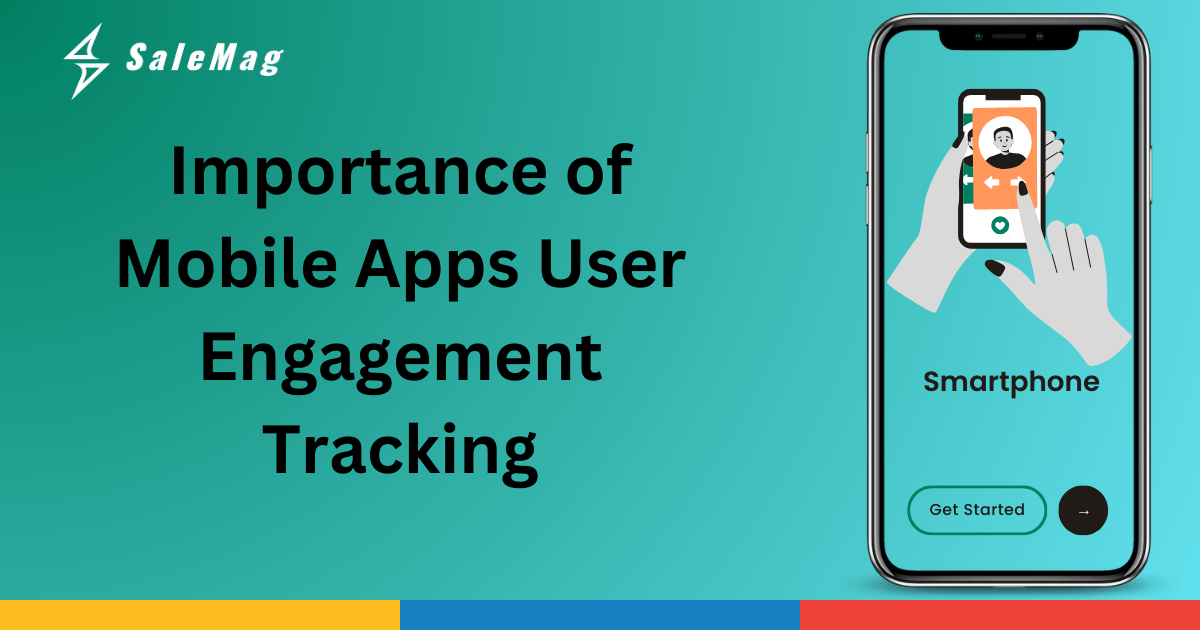Table of Contents
Importance of Mobile Apps User Engagement Tracking
For mobile applications, understanding user behavior and engagement is not just desirable; it’s imperative for sustained success.
Fortunately, with a plethora of tracking tools and analytics platforms available, developers have unprecedented access to invaluable insights that can drive app optimization and enhance user satisfaction.
In this comprehensive guide, we’ll explore the importance of user engagement tracking, the key metrics to monitor, and the tools available to accomplish this task effectively.

Why User Engagement Tracking Matters
User engagement goes beyond mere downloads; it encompasses how users interact with your app, how frequently they return, and whether they find value in its features.
Tracking user engagement is essential for identifying areas of improvement, optimizing user experiences, and ultimately driving app success.
Key Metrics for User Engagement Tracking
Session Duration:
Measure how much time users spend in your app during each session.
In-App Actions:
Track specific actions users take within your app, such as button clicks or form submissions.
Event Tracking:
Monitor user interactions with specific features or elements of your app.
Activity Recognition:
Utilize Android's Activity Recognition API to track user activity and behavior within your app.
Tailoring your budget strategy to align with these objectives ensures a focused and effective approach.
Tools for Mobile App Tracking
Google Analytics
Google Analytics is a powerful and widely used analytics platform that provides comprehensive insights into user behavior, acquisition, and engagement.
UXCam
A user experience analytics tool that allows you to visualize user sessions, identify pain points, and optimize the user journey.
Firebase Analytics
Google’s mobile app analytics solution that offers real-time insights into user engagement, retention, and conversion rates.
Mixpanel
Mixpanel is a user analytics platform that enables detailed event tracking and segmentation to understand user behavior better.
Are you facing a problem with Apps User Engagement Tracking? Book a meeting and get help for free.
Implementing User Engagement Tracking
To effectively track user engagement, follow these steps:
Set Clear Objectives:
Define your goals and key performance indicators (KPIs) to track.
Select Appropriate Metrics:
Choose the metrics that align with your objectives and provide actionable insights.
Choose Tracking Tools:
Select the tracking tools and platforms that best suit your needs and budget.
Implement Tracking Code:
Integrate tracking code or SDKs into your app to start collecting data.
Analyze and Iterate:
Regularly analyze tracking data, identify patterns and trends, and iterate your app based on insights gained.
Conclusion
User engagement tracking is not just a feature; it’s a fundamental aspect of mobile app development and optimization.
By monitoring key metrics and leveraging advanced tracking tools, developers can gain valuable insights into user behavior, optimize app experiences, and drive long-term success.
Embrace the power of user engagement tracking to create apps that users love and keep coming back to.
Jahurul Islam
I'm a passionate and results-driven digital marketing professional with a proven track record of delivering impactful marketing campaigns and driving business growth.